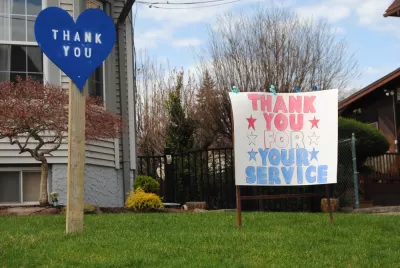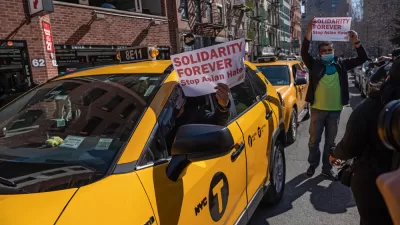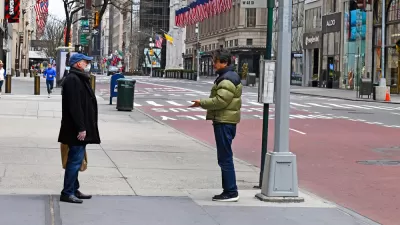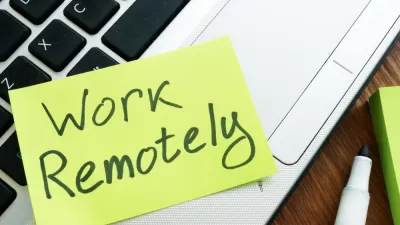The pandemic has affected all of us in big and small ways. A park planner shares how his professional and personal lives have changed as a result of the coronavirus.

COVID-19 has impacted how we live, work, and play. In this article, park planner Clement Lau shares how he has been affected, professionally and personally, by the pandemic.
Like most people, Lau was compelled to telework. Teleworking full-time initially meant that he no longer had a commute that involved the use of public transit and extensive walking which he enjoyed. Lau also discusses how the pandemic resulted in budget cuts, programs and positions being eliminated at his work, and temporary reassignment of colleagues to COVID-related efforts. In addition, the closure of certain park amenities like playgrounds and basketball courts have been especially challenging, because those are the very attractions that his family enjoys the most.
But things have not been all negative. Lau shares a few silver linings, which most of us can probably relate to: working from home offers some advantages and has not impacted productivity; being forced to stay inside has created more time to reflect, read, and write; and being forced to stay inside has also inspired a greater appreciation for nature and green spaces.
Lau concludes by offering a word of encouragement to planners and parks and recreation professionals to take care of ourselves and our loved ones and stay strong so that we can continue to serve communities to the best of our ability.
FULL STORY: Reflections Of A Park Planner

Study: Maui’s Plan to Convert Vacation Rentals to Long-Term Housing Could Cause Nearly $1 Billion Economic Loss
The plan would reduce visitor accommodation by 25,% resulting in 1,900 jobs lost.

North Texas Transit Leaders Tout Benefits of TOD for Growing Region
At a summit focused on transit-oriented development, policymakers discussed how North Texas’ expanded light rail system can serve as a tool for economic growth.

Using Old Oil and Gas Wells for Green Energy Storage
Penn State researchers have found that repurposing abandoned oil and gas wells for geothermal-assisted compressed-air energy storage can boost efficiency, reduce environmental risks, and support clean energy and job transitions.

Santa Barbara Could Build Housing on County Land
County supervisors moved forward a proposal to build workforce housing on two county-owned parcels.

San Mateo Formally Opposes Freeway Project
The city council will send a letter to Caltrans urging the agency to reconsider a plan to expand the 101 through the city of San Mateo.

A Bronx Community Fights to Have its Voice Heard
After organizing and giving input for decades, the community around the Kingsbridge Armory might actually see it redeveloped — and they want to continue to have a say in how it goes.
Urban Design for Planners 1: Software Tools
This six-course series explores essential urban design concepts using open source software and equips planners with the tools they need to participate fully in the urban design process.
Planning for Universal Design
Learn the tools for implementing Universal Design in planning regulations.
Ascent Environmental
Borough of Carlisle
Institute for Housing and Urban Development Studies (IHS)
City of Grandview
Harvard GSD Executive Education
Toledo-Lucas County Plan Commissions
Salt Lake City
NYU Wagner Graduate School of Public Service





























